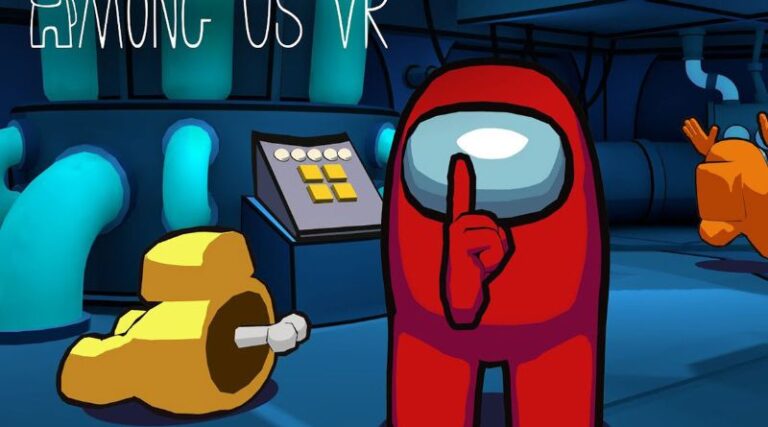The term “sus,” short for “suspicious,” has become a cultural phenomenon, particularly within the gaming community, thanks to the popular online multiplayer game Among Us. Launched by InnerSloth in 2018, Among Us quickly gained popularity, leading to the widespread use of the term “sus” in everyday conversation. This article explores the origins of the term, its significance in Among Us, and its impact on popular culture.
Table of Contents
What is Among Us?
Among Us is a social deduction game that takes place in a space-themed setting where players take on one of two roles: Crewmates or Impostors. The game supports four to ten players, who work together to complete tasks around a spaceship while trying to identify the Impostors among them.
Gameplay Overview
- Crewmates: The majority of players are Crewmates, whose goal is to complete various tasks scattered around the map while avoiding being killed by the Impostors. Crewmates can also call meetings to discuss suspicious behavior and vote to eject suspected Impostors.
- Impostors: The Impostors’ objective is to eliminate Crewmates without being detected. They can sabotage tasks, create chaos, and deceive other players during discussions.
The game thrives on deception, communication, and teamwork, making it a thrilling experience for players.
The Origin of “Sus”
The term “sus” emerged from the game as players began to identify suspicious behavior exhibited by others. For example, if a player was seen wandering aimlessly or not completing tasks, they might be labeled as “sus.” The term quickly became a shorthand way for players to express their doubts about someone’s loyalty or intentions.
As players communicated through chat, phrases like “I think Red is sus” became commonplace, enhancing the game’s social interaction and strategic discussions. The term’s simplicity made it catchy, leading to its adoption beyond the gaming community.
Cultural Impact of “Sus”
1. Social Media Trends
As Among Us surged in popularity, “sus” became a trending term on social media platforms like Twitter, TikTok, and Instagram. Memes and videos featuring “sus” phrases and imagery flooded the internet, further embedding the term into popular culture. The phrase is often used humorously to describe any suspicious activity, even outside the context of the game.
2. Language Evolution
The widespread use of “sus” has contributed to the evolution of internet slang. It represents how gaming language can seep into everyday vernacular, creating a unique blend of cultural references. The use of “sus” has led to the creation of new phrases and memes, including variations like “suspect” and “sussy,” which are often used in playful or ironic contexts.
3. Influence on Other Games
The success of Among Us and the term “sus” has influenced other games, prompting developers to incorporate social deduction elements into their titles. Many games now feature similar mechanics where players must deduce who among them is a traitor or Impostor, showcasing the lasting impact of Among Us on the gaming landscape.
FAQs about “Sus” and Among Us
Q: What does “sus” mean in Among Us?
A: “Sus” is short for “suspicious” and is used to describe players who exhibit behavior that raises doubts about their allegiance, particularly whether they are Crewmates or Impostors.
Q: How do players typically use the term “sus”?
A: Players use “sus” to point out individuals they believe may be acting deceitfully or may not be completing tasks, often leading to discussions about who to vote off during meetings.
Q: Why did Among Us become so popular?
A: The game gained popularity due to its engaging social gameplay, accessibility, and the COVID-19 pandemic, which led people to seek online interactions. Its presence on streaming platforms also contributed to its widespread recognition.
Q: Is “sus” used in contexts outside of Among Us?
A: Yes, “sus” has transcended the game, becoming a part of internet slang used to describe any suspicious behavior in various contexts, not limited to gaming.
Q: Are there any spin-offs or similar games inspired by Among Us?
A: Yes, numerous games have emerged with similar mechanics, including titles like Mafia, Town of Salem, and Project Winter, which incorporate elements of social deduction and deception.
Conclusion
The term “sus” has become a defining feature of the Among Us gaming experience and a cultural phenomenon that reflects the evolving nature of language in the digital age. Its impact on social media and everyday conversations showcases how gaming has shaped communication in contemporary society. Whether you’re a casual player or an avid fan, understanding the significance of “sus” adds an extra layer of appreciation for Among Us and its role in connecting people through shared experiences and humor.

